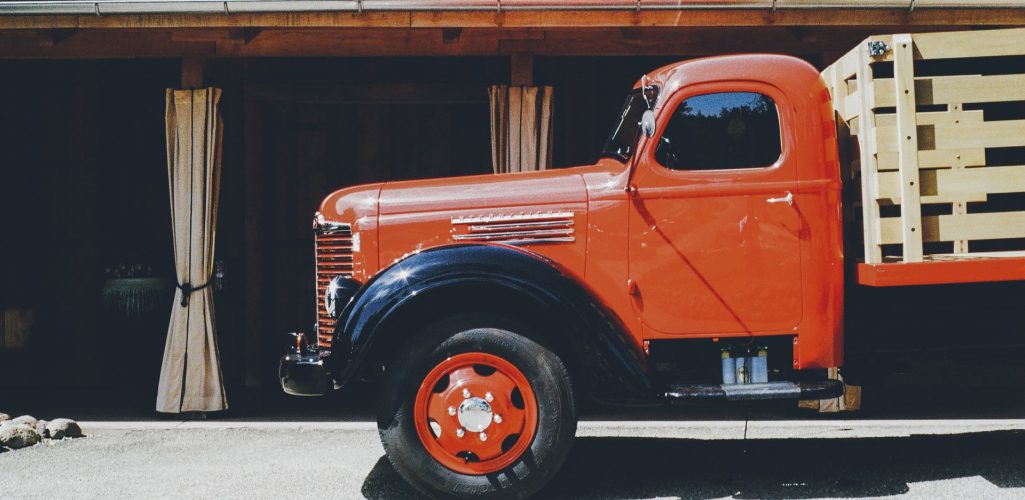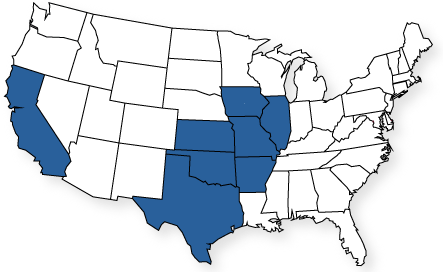It’s not always easy to determine! In this post we’ll talk about a few of the differences between a business or commercial auto policy and a personal auto policy. We’ll take a look at some of the types of business operations and business requirements that dictate the use of a business auto policy. And we’ll consider some of the coverage issues that may be present in both types of policies from a commercial insurance point of view. So let’s get started!
Answer these questions to help make a decision:
Who Owns the Vehicle? (How is it titled?)
- If the vehicle is owned in the name of a business, LLC or Corporation you will more than likely need a business auto policy.
- If the vehicle is owned in your individual name you may still need a business auto policy.
Who Drives the Vehicle?
- If the vehicle is driven by your employees you will more than likely need a business auto policy.
How is the Vehicle Used?
- Service Use – If the vehicle is driven to a job site and remains there most of the day you may need a business auto policy.
- Delivery – If the vehicle is used to deliver products you will need a business auto policy.
- Commercial Use – If the vehicle is used for any other business use you will need a business auto policy.
What is the Type and Weight of the Vehicle Used?
- Personal Autos, Pickups, Vans, and other vehicles of this type may require a business auto policy depending on the ownership, drivers and use.
- Heavier vehicles such as Truck Tractors, Semi, Dump, Flat Beds and other specialty hauling vehicles will require a business auto policy.
By now you’re gaining an understanding of common factors used to help determine the need for a business auto policy. As you can see titling, drivers, use and type of the vehicle are all considered in making the decision. While each of the above listed items carries its own weight in the decision making process, all considered together will lead you to the correct answer. But there’s more.
Let’s take a closer look at some of these items.
What about the weight of a vehicle? How can that make a difference?
Some personal auto policies will have some sort of weight limitation to qualify as a personal auto. Or maybe a better description would be to disqualify your vehicle as a personal auto. These qualifications will be often dictated by the policy or personal auto contract language of the insurance company in question. You may find these restrictions in the “Newly Acquired Vehicle” part of a personal lines policy, another place in the policy or they may simply be established underwriting guidelines of the personal auto insurance company. Sure there may be a difference in weight requirements from one personal auto policy to the next but, as a good rule of thumb, if your vehicle has a gross weight of 10,000 lbs or more you had better check with your insurance agent to make sure it qualifies for a personal auto policy. You may be surprised. Think about it. Would you really expect to find a heavy duty commercial truck insured on a personal auto policy? The personal auto policy is designed to address the needs of the average personal driver and not those with business risk exposures.
What about use of the vehicle? Is your vehicle used solely for business?
Or maybe you use it for business and personal use. Be careful of policy exclusions. Most unendorsed personal auto policies will have some sort of exclusion from coverage while the vehicle is being used in the business of delivery and a few other issues. As a matter of fact there are two common personal auto policy exclusions found in most every policy. They are “delivery” and “livery.” When you read “delivery” think about “pizza delivery!” We all know what they mean by delivery, but what about the term “livery?” Livery is commonly defined as the transportation of individuals, people, for a fee. Yep, you got it! Livery equals Uber or any other “use your personal auto to transport others for a fee” type of businesses. The primary issue with these types of vehicle usage is the significantly increased risk or a greater exposure to loss that is inherently present in these operations. The personal auto policy was not designed to take on the additional exposure this usage presents. It’s here where the business auto policy will respond.
What happens when you put a ladder rack, permanently mount tool box or a flat bed on your pick up?
You may be surprised to know that with some insurance companies these are an automatic disqualification for a personal auto policy. What about a vehicle with some sort of heavy duty pulling wench or maybe a spraying apparatus and tank mounted in the bed? What about a puck up truck that has a mounted snow plow and salt spreader? Vehicles with these types of modifications will usually require a business auto policy.
Let’s look at some examples:
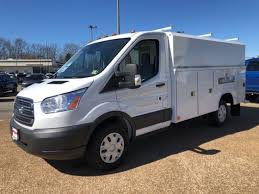
Example of a work van – Business Auto
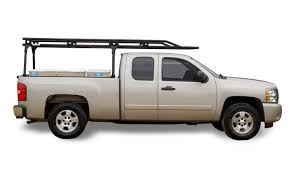
A pick up with a ladder rack – Business Auto
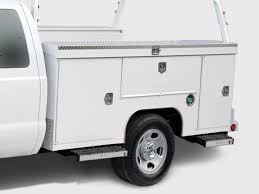
Truck with attached tool boxes – Business Auto
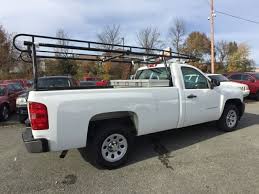
Pickup truck with tool boxes and ladder rack – Business Auto
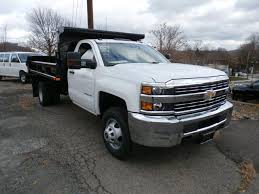
1 Ton truck with small dump bed – Business Auto
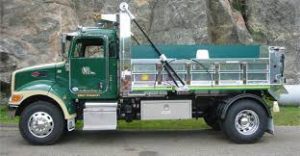
Large truck with dump bed – Business Auto
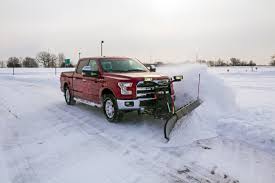
Pick up with a snow plow – Grey Area??
You may be surprised to see that your personal auto policy, or PAP, seems to exclude, or not cover, business use. Look a little deeper and you may find there are exceptions. For example, most personal auto policies will pick up farm and ranch use. Your personal auto policy may also provide coverage for limited business use of your vehicle if it’s one of these three types:
- A private passenger auto;
- A pickup truck or van;
- A trailer while it’s being used by a private passenger auto, pickup or van.
Buyer Beware! Not all personal auto policies are the same!
As a matter of fact some insurance policies will tag on a vehicle weight limitation at this point. Or they may restrict or eliminate coverage for a pickup or van with attached ladder racks, tool boxes and or signage that may advertise your business.
What about special coverage issues and the personal auto policy?
Let’s say you discover that your personal auto policy will provide some limited business use coverage for the pickup you use in your small contracting business. Everything seems to be working out just fine then one day you’re approached by a hiring contractor to do some work for them. The opportunity would mean a significant increase in income for you and one you really want to land. It’s a larger company and they have some pretty strict coverage requirements that must be in place before they will hire you. They require these items be on your auto policy:
- $1,000,000 CSL Liability Limit
- Additional Insured Status
- Waiver of Subrogation
So you contact your personal auto agent and make the request to modify your policy to include these items. Your agent then informs you they cannot add these items to your personal auto policy.
You’ll often find that coverage requirements, just like titling, who drives, use and type of vehicle, may also dictate how the vehicle must be insured. Requests for high liability limits, like $1,000,000, are not unusual and may not be available through a personal auto policy. Coverage modifications such as providing additional insured status and waiver of subrogation are likewise becoming more and more common and again, not available through a personal auto policy. So, coverage issues must always be considered in the making the decision between personal auto and business auto.
Let’s recap!
What have we learned about the need for a business auto policy?
- Personal auto policies are not designed for business risk exposures.
- It may be difficult to determine which policy should be used.
- Who owns the vehicle, who drives the vehicle, how the vehicle is used, the type and weight of the vehicle all go into the decision making process.
- The personal auto policy may allow light business use for personal autos, pickups, vans and certain trailers but excludes all others.
- Depending on your specific personal auto policy, simply adding a ladder rack, tool box or sign on your pickup of van may void coverage.
- Certain coverage requirements that you may assume through a contract may not be available on a personal auto policy.
- Delivery and livery use are excluded on an unmodified personal auto policy.
The Take Away:
Never assume that your personal auto policy will provide coverage when you are using your vehicle for any type of business use. All insurance policies are different! While personal auto policies and business auto policies with different insurance companies share some common coverage conditions they will be different! And it’s those differences that always cause problems!
Thanks for reading!

